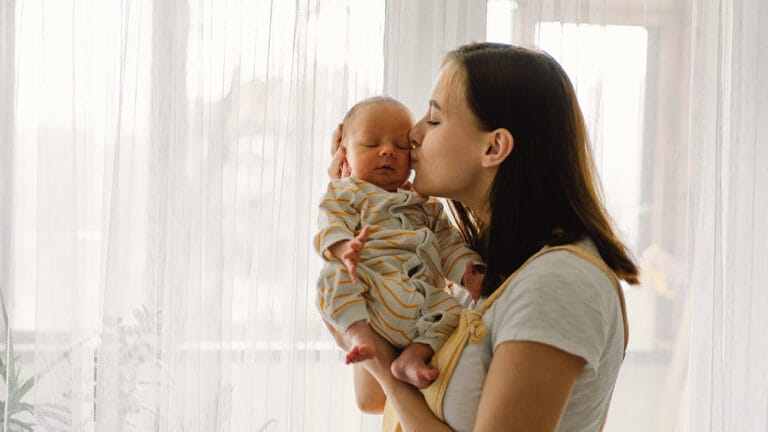Welcome to allergy season! One of the most common symptoms caused by allergies is allergic rhinitis. Rhinitis is a condition that causes nasal congestion and a runny nose as well as sneezing and is often associated with other symptoms that affect our eyes, ears and throat.
These symptoms probably sound all too familiar since a lot of us have been experiencing similar symptoms over the past few months due to upper respiratory infections or the common cold. Allergies and colds can cause very similar symptoms and at times it can be hard to tell them apart. Let’s review some of the common causes and symptoms of these two conditions and see how we can distinguish between the two, as well as what treatments are available.
Similar symptoms of both allergies and the common cold include:
- Nasal congestion
- Runny nose
- Sneezing
- Sinus pressure
- Sore throat
Allergies
Allergies are caused by our immune system attacking a foreign substance that it deems harmful. Sometimes after multiple exposures to a foreign substance, say pollen for example, our bodies confuse this substance as harmful and attack it, which triggers the common symptoms we see with allergies.
Symptoms specific to allergies:
- Nasal itching
- Itchy eyes
- Allergic shiner (dark discoloration of the skin under your eyes)
- Itching of the throat
Allergy treatments:
- Identifying and avoiding the trigger or cause of allergies
- Glucocorticoid nasal sprays such as Flonase or the generic version is a great option. Children’s versions are available and should only be used in children over the age of two.
- Nasal decongestants such as Afrin or Mucinex sprays are effective but should only be used in children over the age of six.
- Oral antihistamines such as children’s Claritin, Zyrtec, or Allegra or their generic counterparts. Oral antihistamines should only be used in children over the age of two.
- Oral decongestants such as pseudoephedrine should only be used in children over the age of six.
All over the counter medications should be used as directed.
Common Cold (Upper Respiratory Infection):
Common colds are caused by viruses that infect our upper respiratory tract which includes our throat and nose. There are many different types of viruses than can cause the common cold and we can see a different combination of symptoms with each virus.
Symptoms specific to the common cold:
- Cough
- Fever, although not every cold will cause a fever, sometimes it will. You should never see a fever with allergies. A fever is a temperature of 100.4 or higher.
Common cold treatments:
- Tylenol or Motrin (must be over six months of age) to help control the fever as well as body aches and pains.
- Nasal saline drops to help with nasal congestion
- Humidifier in the bedroom
- Elevating the head of the bed around 10 to 15 degrees will help with a nighttime cough
- Honey can also be helpful in reducing a nighttime cough (child must be older than twelve months of age). 1-2 teaspoons is sufficient.
Even with the information we just reviewed it can be difficult to differentiate between allergies and the common cold. Some of the ‘specific’ symptoms listed above can still present in both allergies and common colds, although they are more likely to present in the specific categories mentioned above. Allergies are rare in children under the age of two and if they are showing any of the above symptoms it is likely related to a common cold and not allergies. When in doubt please feel free to reach out to us for clarification with either a phone call or an in clinic visit with one of our providers. We would be happy to talk through your child’s specific symptoms and create a plan as to how best we can treat the condition.






